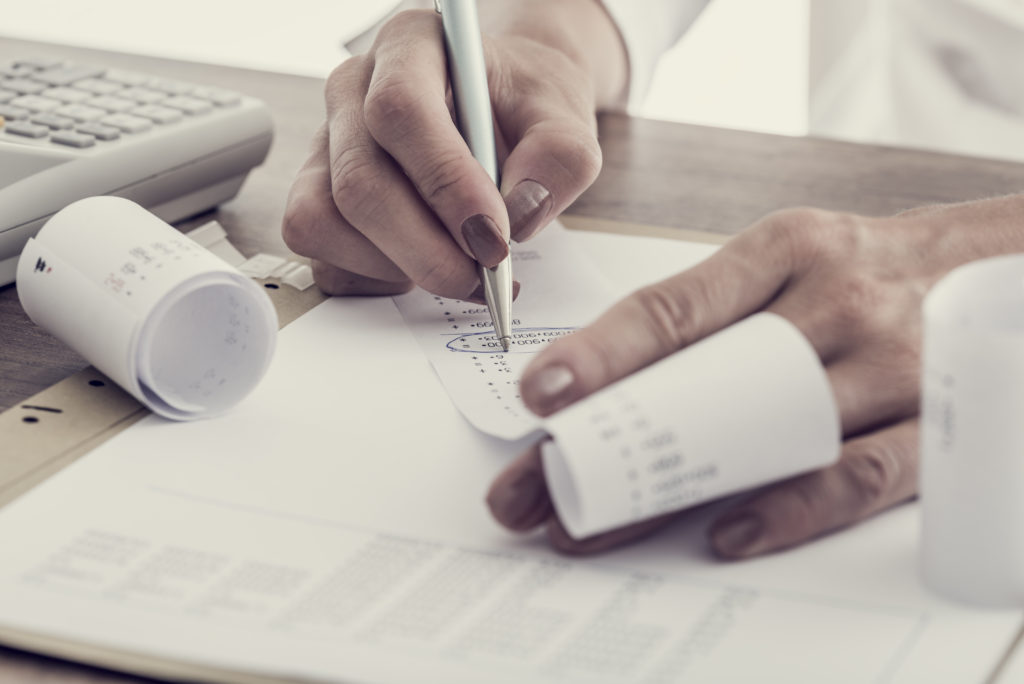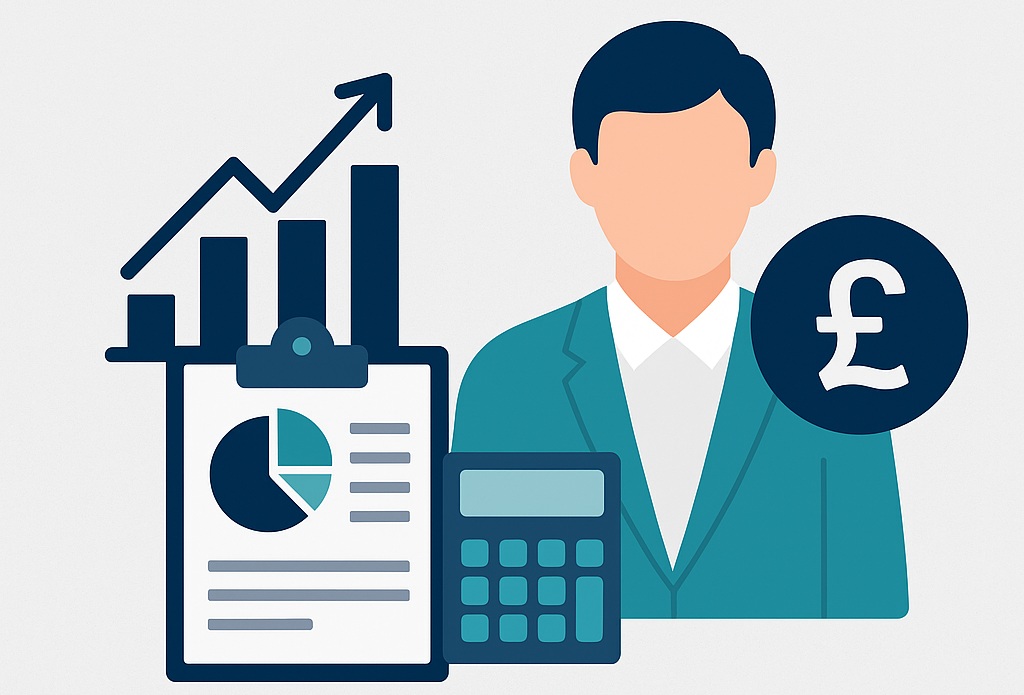Working out taxes as a small business can be a tricky task. Knowing what you are – and are not – liable to pay against eligible relief and allowances can mean calculations are often not the most straightforward.
Your small business may be eligible for a tax refund to help ease the amount due to HMRC, depending on your circumstances and the nature of the business itself.
Read on to find out how to get a tax refund for your small business.
How to get a tax refund for small business
Sole traders and partnerships do not pay corporation tax, and instead pay their tax through their self-assessment returns.
Self-employed sole traders may claim expenses for their work that reduces the amount of tax they must pay. These expenses, however, must be purchases that are ‘wholly and exclusively’ for their work, incurred as a result of it and essential for it.
There are some specific tax rebates that can be claimed depending on your area of business, like the Mechanics Tax Rebate. This can be claimed for essential tools purchased in order to do your job, and can be claimed as 20% of an amount up to £120 without receipts, or 18% of acutal cost as a capital allowances claim if there are receipts or activity reports.
Tax refunds can also be claimed through any company losses being offset against profits from the same trade. Losses incurred can normally be carried back to the previous 12 months’ accounting period or tax year. This changed as of the March 2021 Budget, after which trading losses can be carried back for three years.
This applies to businesses with accounting periods ending between April 1st 2020 and March 31st 2022 (tax years 2020/21 and 2021/22 for unincorporated businesses).
By using carry back loss, tax can be reclaimed from that which was previously paid on profits in past years. HMRC requires evidence of the loss, like the kind that comes from your accounts, but a successful claim could yield a welcome 19% refund.
What about VAT-registered businesses? If your company is registered for Value Added Tax, you can reclaim VAT on the goods and services bought for business use. VAT, like expenses for self-employed individuals, can only be reclaimed on spends that are wholly and exclusively for business.
VAT can also be claimed back on previously incurred costs, such as capital expenses from the previous four years. There are limits and requirements that apply to what can specifically be reclaimed, so it’s best to seek the help of a knowledgeable accountant to guide the process for you.
Small business tax through Venn Accounts
Our team of chartered accountants have all the experience and knowledge to guide your small business through tax and relief when costs are getting tight.
We can show you how to get a tax refund for small business when most needed and help you operate more comfortably.
To learn more about our bespoke services, please get in touch today.





